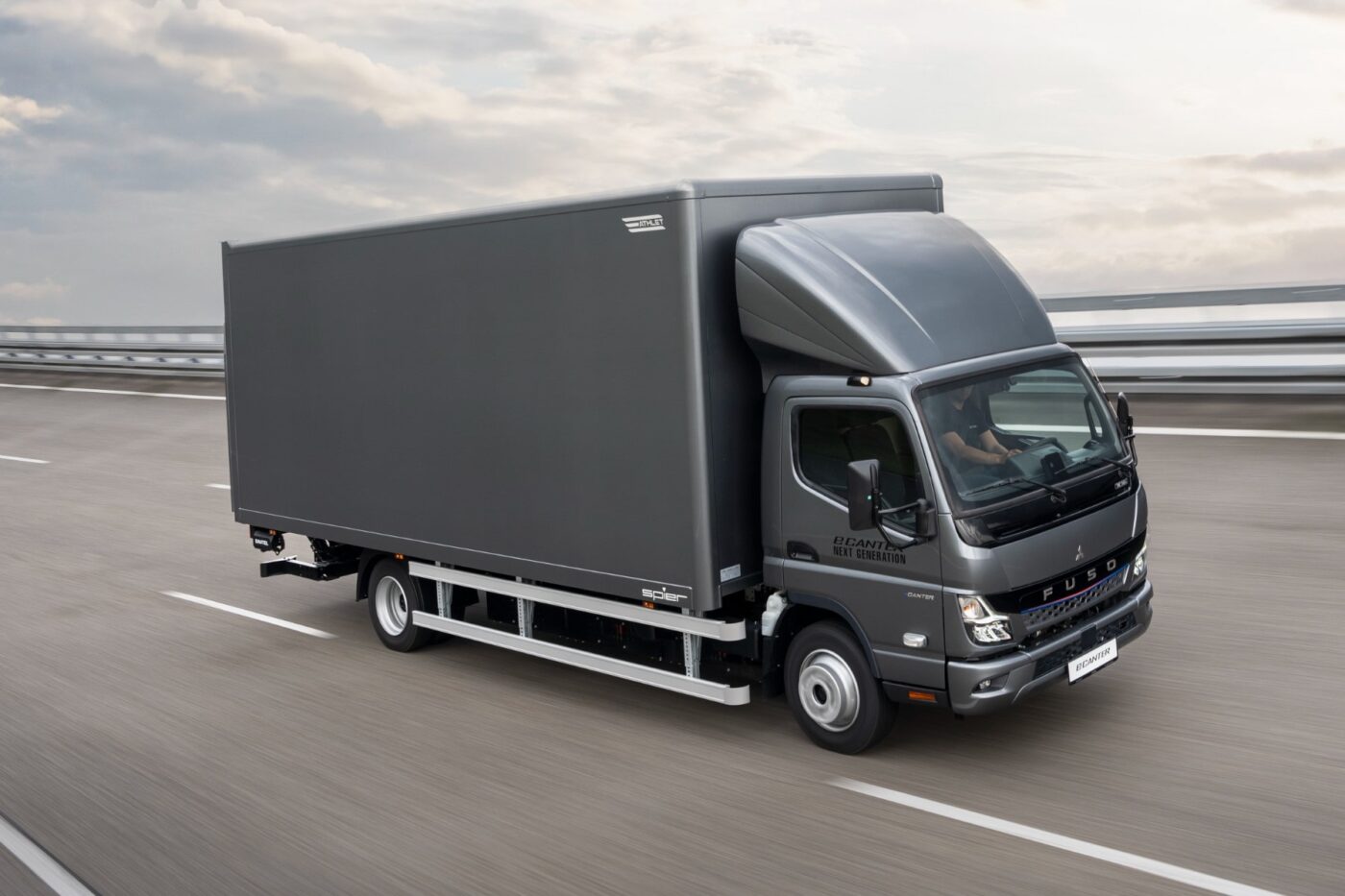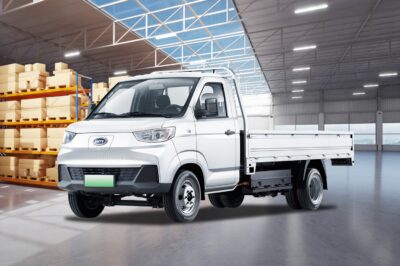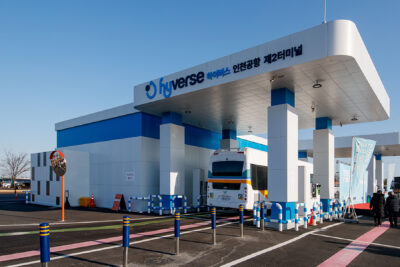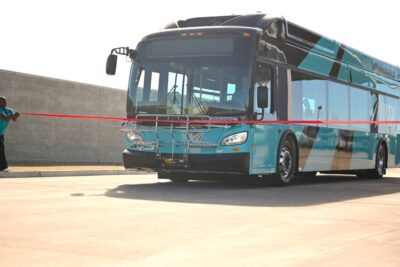Mitsubishi Fuso & Iwatani sign MoU for liquid hydrogen truck fuel
The cooperation centres on sLH₂ technology (‘subcooled’ liquid hydrogen), which is intended to offer a number of advantages over conventional gaseous hydrogen refuelling. These include higher storage density, greater ranges, faster refuelling processes and lower investment and operating costs, while at the same time improving energy efficiency. The tanks are also smaller and, due to the lower pressure, significantly lighter than a storage tank for gaseous hydrogen. This is not only good for the installation space, but also benefits the payload of trucks.
The collaboration will focus on three key areas: technical development, analysing regulatory requirements and evaluating the commercial framework conditions for widespread introduction. At the same time, joint marketing activities are planned to promote the acceptance of hydrogen-powered vehicles and refuelling station infrastructures.
The sLH₂ technology was originally developed by Fuso parent company Daimler Truck and gas group Linde Engineering and was introduced in 2020 with the aim of developing fuel cell trucks with a range of 1,000 kilometres. The sLH₂ technology uses a slightly higher pressure level to keep the hydrogen liquid and supercooled at -253 degrees Celsius, just 20 degrees above absolute zero. The extreme cooling prevents the formation and release of gaseous hydrogen (boil-off), which significantly reduces the technical complexity and energy costs at refuelling stations.
Daimler Truck sees great potential in the technology, particularly in heavy goods transport, especially because of the long range of 1,000 kilometres. However, it should be noted that battery-electric solutions are being developed rapidly and the eActros 600 from Daimler Truck, which has been available for around six months, can already cover distances of around 500 kilometres without recharging.
However, this is by no means the end of the story. Michael Wolf, Technical Project Manager for the eActros 600, said at the start of series production: “The battery continues to develop. We can’t increase the weight much more, we’re almost at the limit there, but we can increase the power density. I personally believe that 800 to 900 kilometres on one battery charge is conceivable in the future.” And that would be pretty close to hydrogen trucks with a range of 1,000 kilometres. If you then consider that lorry drivers have to take a break from driving for at least 45 minutes after 4.5 hours at the latest anyway, the question arises as to whether such ranges are even necessary. Especially as lorries are only allowed to drive at 80 km/h and therefore don’t get anywhere near as far.
Fuso’s parent company Daimler Truck is sticking with liquid hydrogen for the time being and thus remains ‘open to technology’: The first customer trials with the Mercedes-Benz GenH₂ Truck, which uses sLH₂, have been running since 2024 and winter tests have already taken place in the Alps. At the same time, Daimler Truck is working on the production of fuel cell systems for heavy commercial vehicles via the Cellcentric joint venture with the Volvo Group.
For Mitsubishi Fuso, the project is part of a comprehensive strategy to promote sustainable mobility. The company’s vision is based on the three pillars of ‘product’, “customer” and ‘infrastructure’. By focussing on liquid hydrogen infrastructure, Mitsubishi Fuso is reaffirming its ambition to remain the technology leader in the industry. The company already offers Japan’s first mass-produced electric light truck, the eCanter, which is also available in Europe.
Iwatani, Japan’s leading hydrogen supplier, sees the cooperation as a contribution to building a CO₂-free hydrogen supply chain by 2050. The company has been committed to creating a sustainable energy future for years and is supported by the government’s Green Innovation Fund, among others.
mitsubishi-fuso.com (PDF)





0 Comments